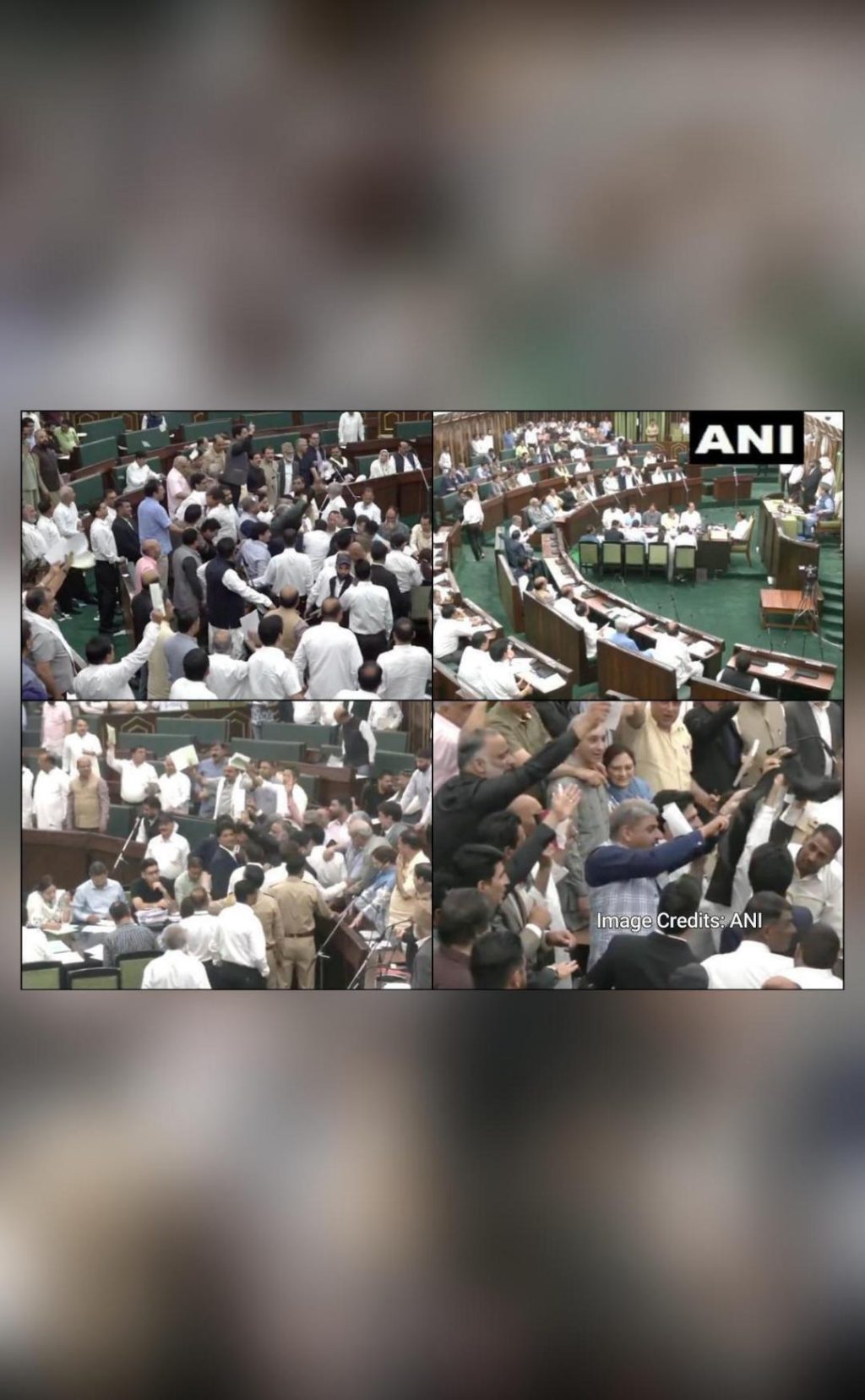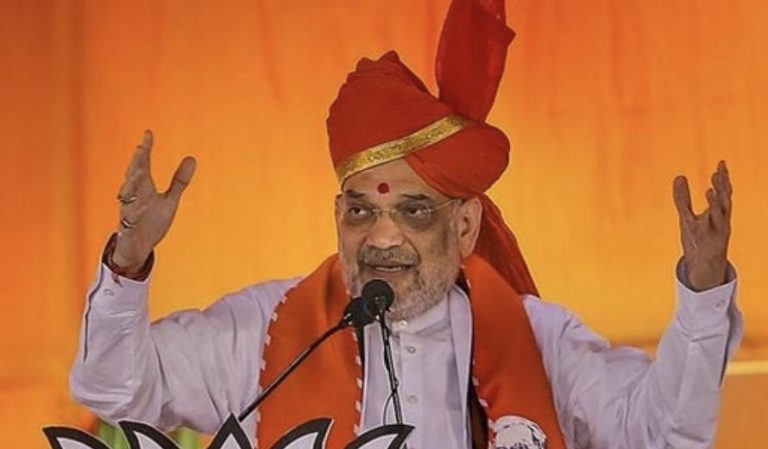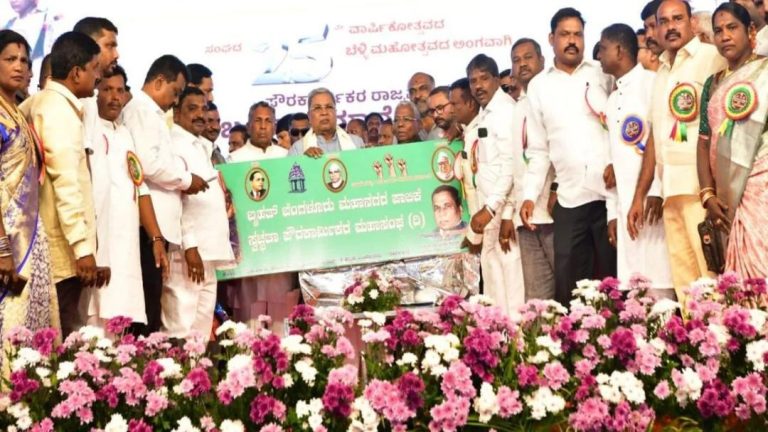
Jammu & Kashmir Assembly Adjourned Amid Uproar Over Waqf Act
The Jammu and Kashmir Assembly witnessed a chaotic scene on Monday, with the Speaker Abdul Rahim Rather denying an adjournment motion on the Waqf Act, leading to the House being adjourned. The ruckus was triggered after National Conference (NC) MLAs moved a motion to adjourn the Question Hour to discuss the contentious Waqf Act, which has been a subject of controversy in the state.
The Waqf Act, which was passed in 2013, aimed to regulate and manage the Waqf properties, including mosques, shrines, and other religious institutions, across the state. However, the Act has been criticized by various religious organizations and political parties, who claim that it is unconstitutional and violates the rights of the Waqf institutions.
The NC MLAs, led by their leader Omar Abdullah, moved the adjournment motion, citing the importance of discussing the Waqf Act in the House. However, the Speaker denied their request, sparking outrage among the NC MLAs. The BJP, which is a coalition partner in the government, also protested the denial of the adjournment motion and demanded that the Question Hour be held.
The House was adjourned for the day after the Speaker’s decision, with the NC MLAs walking out of the House in protest. The opposition parties, including the NC and the Congress, accused the government of trying to suppress the debate on the Waqf Act and demanded that the Act be repealed.
The Waqf Act has been a contentious issue in the state since its introduction. The government had argued that the Act was necessary to regularize the Waqf properties and ensure their proper management. However, the religious organizations and political parties have been critical of the Act, citing concerns about its constitutionality and the potential misuse of power by the government.
The controversy surrounding the Waqf Act has led to accusations of political interference and manipulation of the institutions. The religious organizations have alleged that the government is trying to take control of the Waqf properties and institutions, which are managed by the Waqf Boards.
The BJP, which is a key ally of the government, has also been critical of the Waqf Act. The party has accused the government of trying to appease the Muslim community by passing the Act, which it claims is unconstitutional.
The controversy over the Waqf Act has led to a political crisis in the state, with the opposition parties demanding the repeal of the Act. The government has been trying to defend the Act, citing its importance for the management of the Waqf properties.
The adjournment of the House on Monday has once again highlighted the deep divisions within the state over the Waqf Act. The controversy is likely to continue to simmer, with the opposition parties demanding a repeal of the Act and the government refusing to budge.
The Waqf Act is a sensitive issue in the state, with the religious organizations and political parties having strong views on the matter. The controversy has the potential to escalate further, with the political parties and religious organizations likely to engage in a bitter battle over the Act.
In conclusion, the adjournment of the Jammu and Kashmir Assembly over the Waqf Act is a significant development in the state’s politics. The controversy surrounding the Act has the potential to further polarize the state, with the opposition parties demanding a repeal of the Act and the government refusing to budge. The issue is likely to continue to be debated in the state, with the political parties and religious organizations engaged in a bitter battle over the Act.




